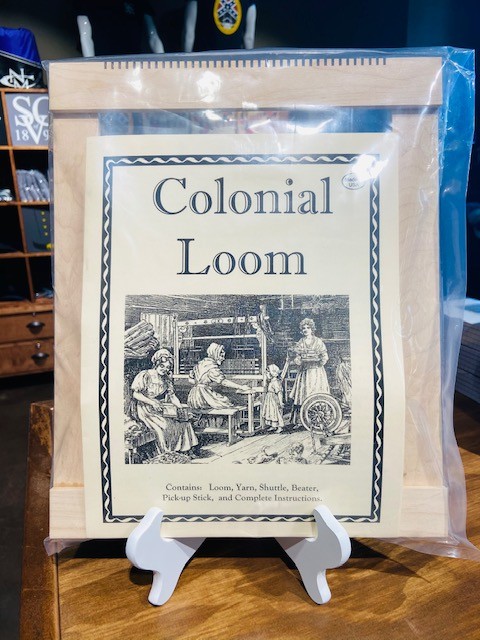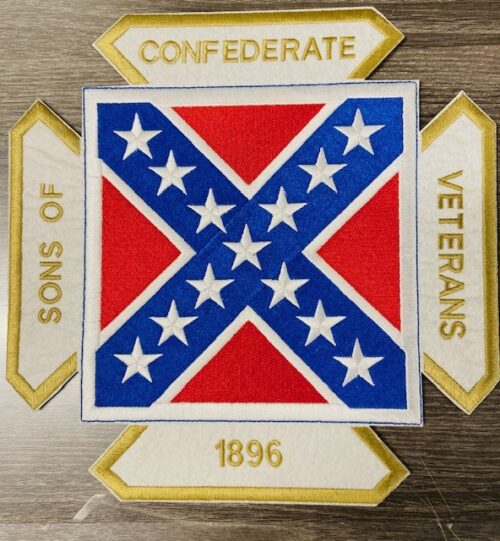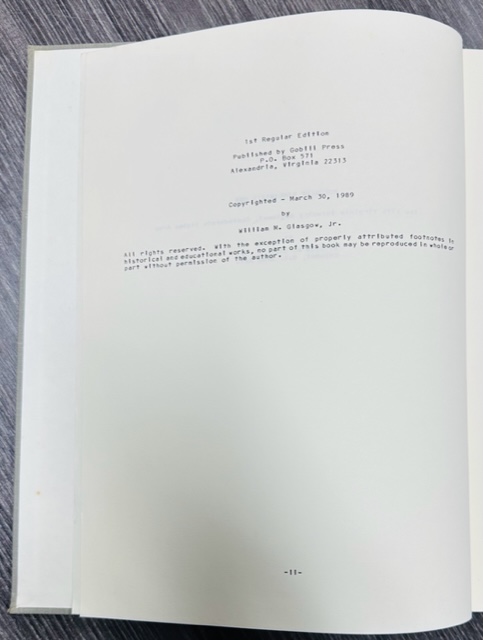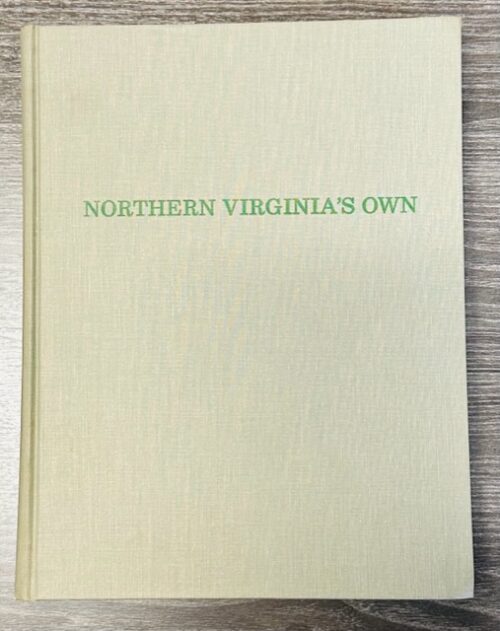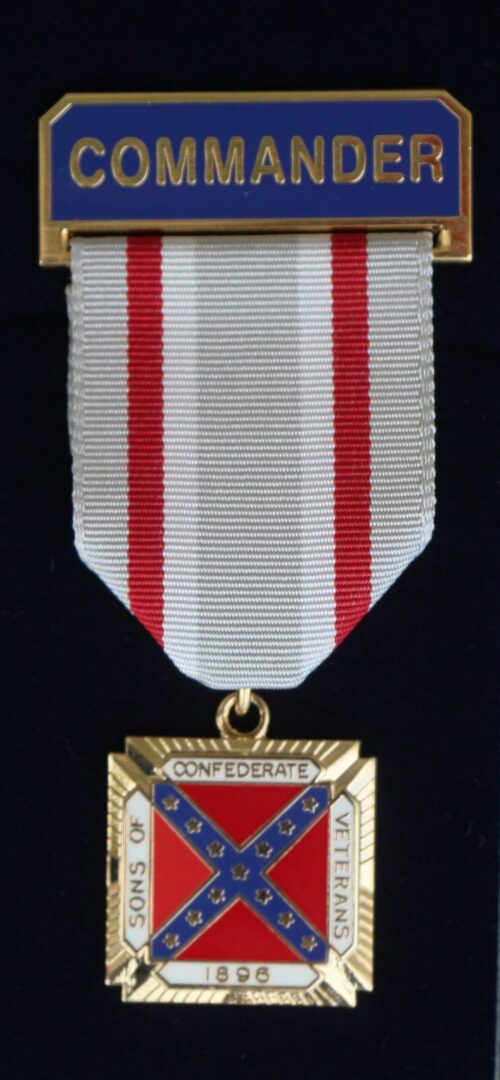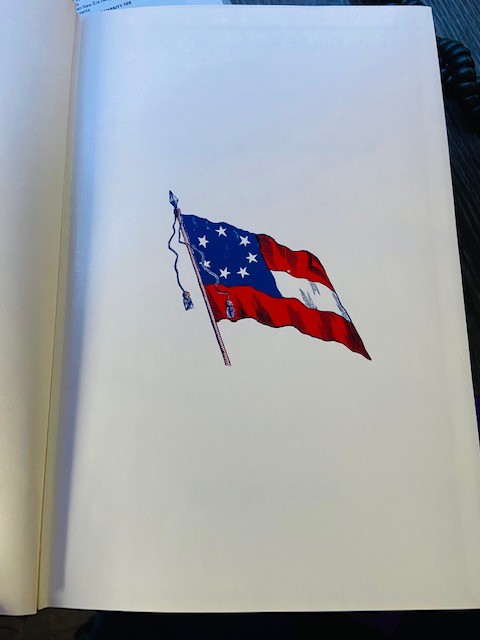-
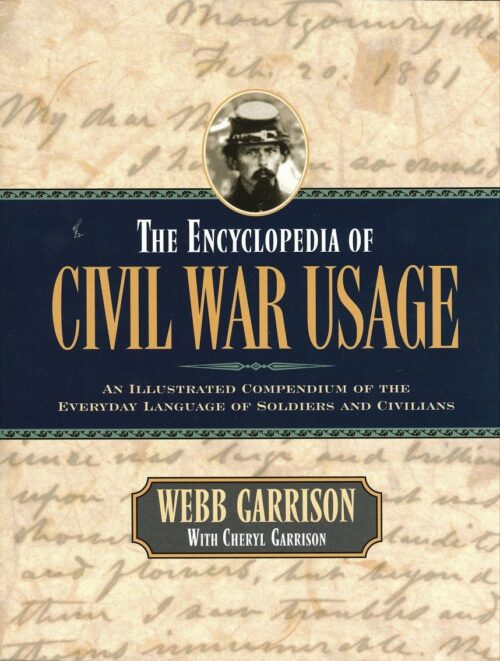 Gumps! Wharf Lice! Ditch Hunters! Though it’s reasonably clear that those terms are insults, few people today have any idea what they mean. Like much of the language used in the 1860’s, these expressions have vanished from everyday speech. This comprehensive volume will delight the historian, the writer, and the reenactor. Now in paperback.
Gumps! Wharf Lice! Ditch Hunters! Though it’s reasonably clear that those terms are insults, few people today have any idea what they mean. Like much of the language used in the 1860’s, these expressions have vanished from everyday speech. This comprehensive volume will delight the historian, the writer, and the reenactor. Now in paperback. -
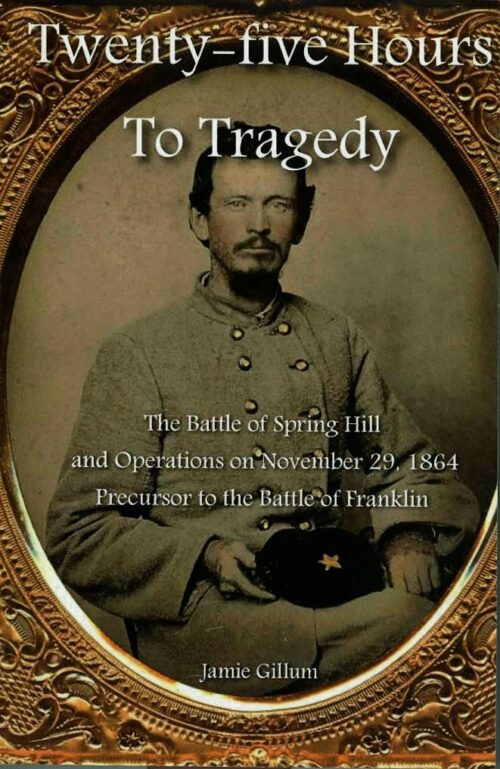 Only twenty-five hours after the Confederate Army’s arrival on the battlefield of Spring Hill, TN the decision to assault the heavily defended fortifications at Franklin was made. It was a decision that would not have to be made had the Confederates followed through with their plans at Spring Hill. Follow the armies in their race to Spring Hill, the combat there and the critical decisions that led to the Federal escape and a total Confederate command breakdown in the most devastating blunder of the American "Civil War."
Only twenty-five hours after the Confederate Army’s arrival on the battlefield of Spring Hill, TN the decision to assault the heavily defended fortifications at Franklin was made. It was a decision that would not have to be made had the Confederates followed through with their plans at Spring Hill. Follow the armies in their race to Spring Hill, the combat there and the critical decisions that led to the Federal escape and a total Confederate command breakdown in the most devastating blunder of the American "Civil War." -
 During the Civil War, few men had seen camels on the battlefield. But one Mississippi infantry marched into battle with Old Douglas, who served with the Bloody 43rd and died in the Siege of Vicksburg. The regiment became known as the Camel Regiment, and its soldiers carried memories of Old Douglas through the end of the war and until the end of their own lives. They went on to fight in fourteen battles, including Corinth, Vicksburg, Chickamauga, Atlanta, Franklin, Nashville and Bentonville before they surrendered at war's end. Author W. Scott Bell's fascination with the Camel Regiment began because his great-great-grandfather fought with them.
During the Civil War, few men had seen camels on the battlefield. But one Mississippi infantry marched into battle with Old Douglas, who served with the Bloody 43rd and died in the Siege of Vicksburg. The regiment became known as the Camel Regiment, and its soldiers carried memories of Old Douglas through the end of the war and until the end of their own lives. They went on to fight in fourteen battles, including Corinth, Vicksburg, Chickamauga, Atlanta, Franklin, Nashville and Bentonville before they surrendered at war's end. Author W. Scott Bell's fascination with the Camel Regiment began because his great-great-grandfather fought with them. -
Sale!
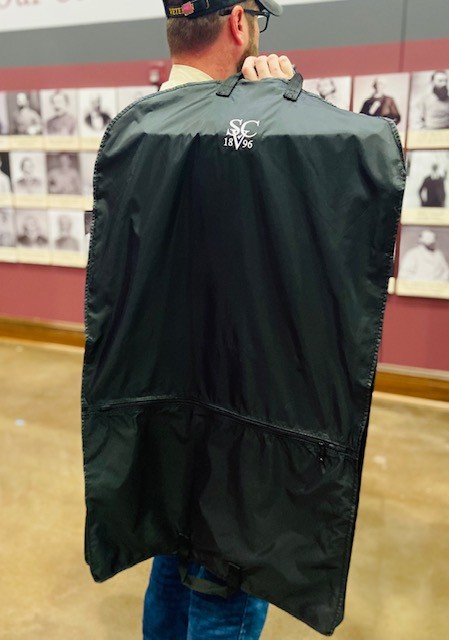 This high quality garment back features the SCV 1896 Logo and comes with 2 heavy duty metal hangers. This bag is perfect for the person constantly on the go.
This high quality garment back features the SCV 1896 Logo and comes with 2 heavy duty metal hangers. This bag is perfect for the person constantly on the go. -
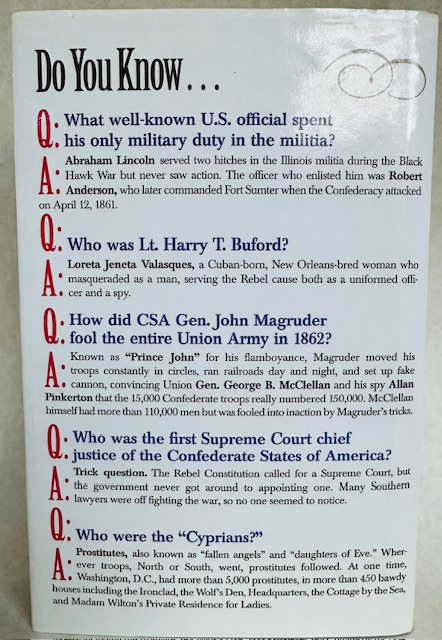
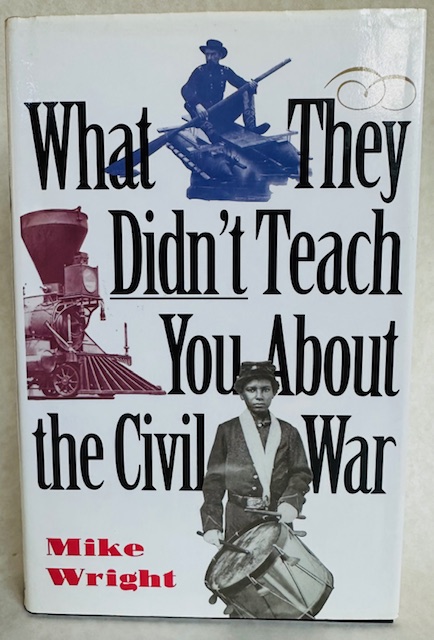 ONLY ONE COPY AVAILABLE! Published in 1996. Hardback. Good condition. This book looks at the ordinary people who fought the war and the people they left behind. It is about Belle Starr and Johnny Clem, one of the South's top female spies, the other a nine-year-old drummer boy who went on to serve 46 years in the U.S. Army. It is about the first shot fired at Fort Sumter and the final lowering of the Confederate flag. It is about death on the battlefields and in prison cells, about women fighting to be recognized for their accomplishments, and how people on both sides managed to survive the deadliest war this nation has seen.
ONLY ONE COPY AVAILABLE! Published in 1996. Hardback. Good condition. This book looks at the ordinary people who fought the war and the people they left behind. It is about Belle Starr and Johnny Clem, one of the South's top female spies, the other a nine-year-old drummer boy who went on to serve 46 years in the U.S. Army. It is about the first shot fired at Fort Sumter and the final lowering of the Confederate flag. It is about death on the battlefields and in prison cells, about women fighting to be recognized for their accomplishments, and how people on both sides managed to survive the deadliest war this nation has seen.

